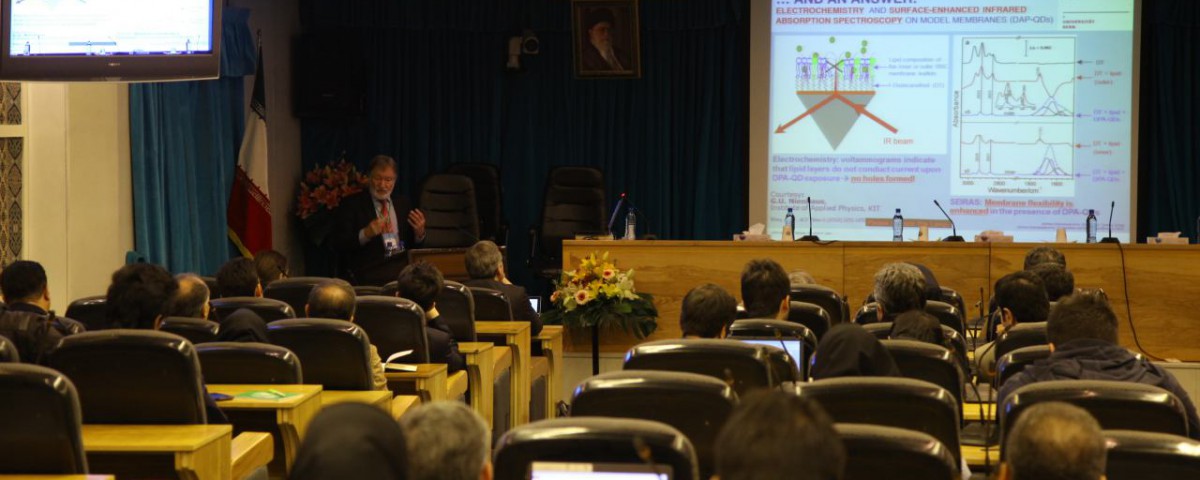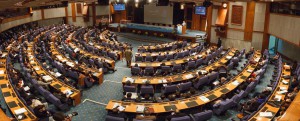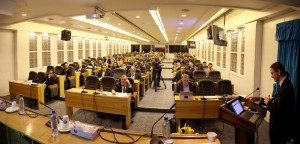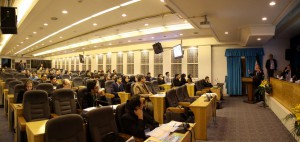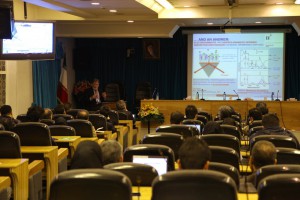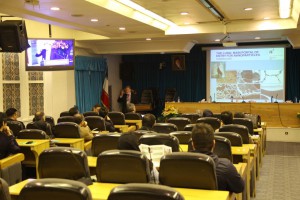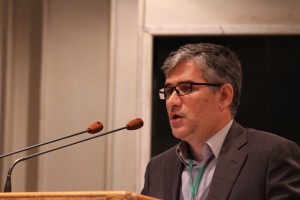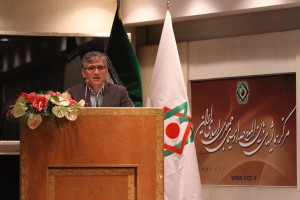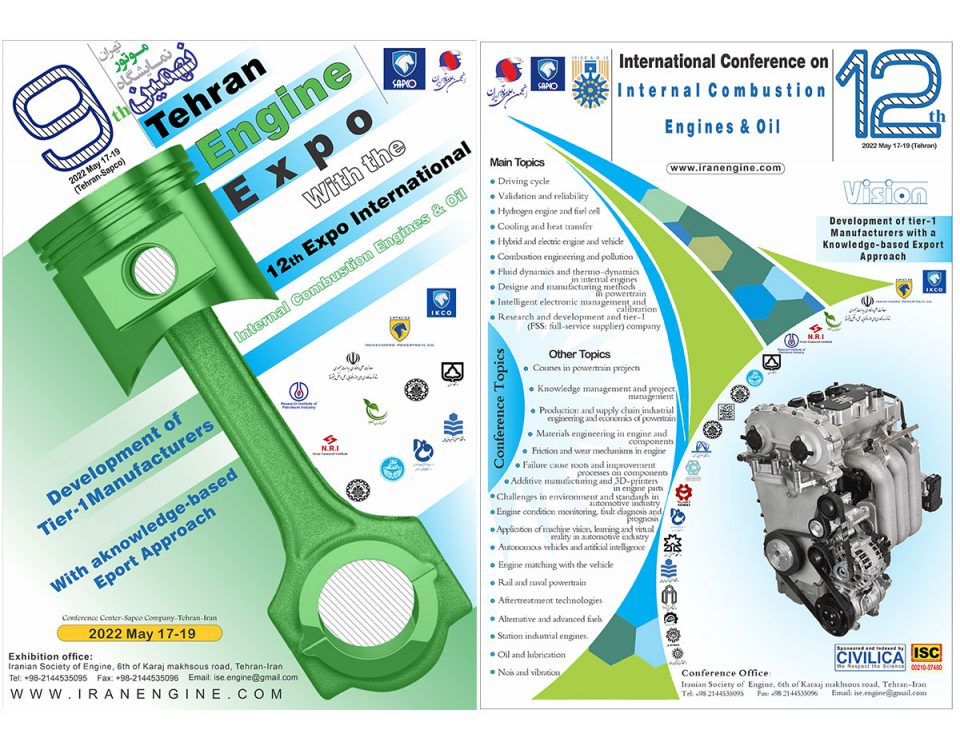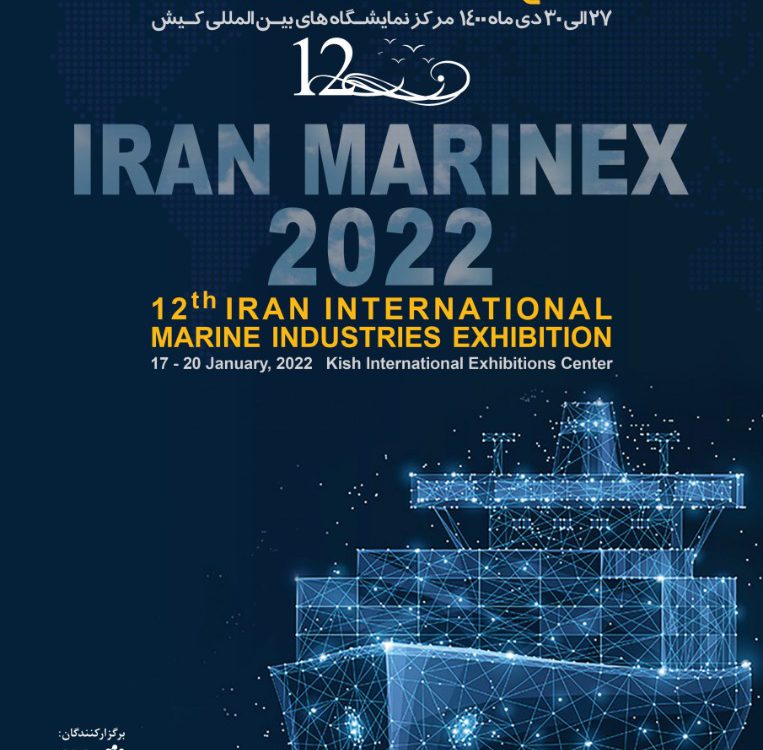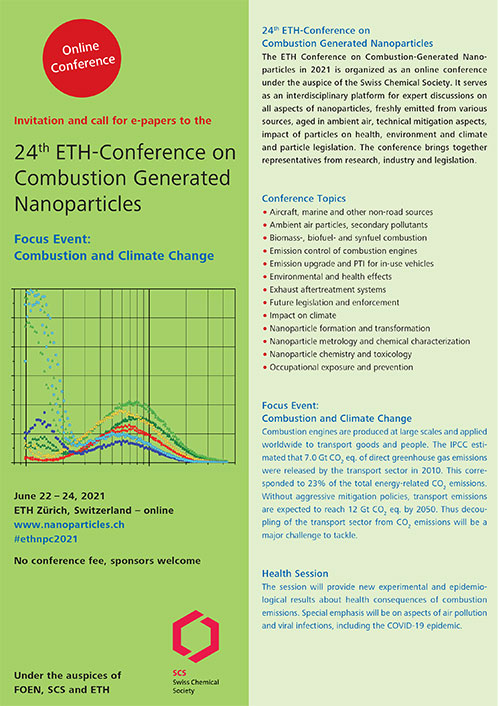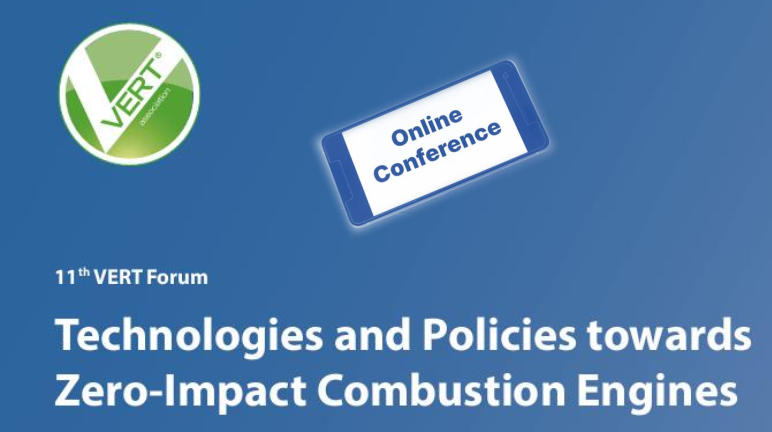VERT & ASA workshop in AQM 2016
UFP Health Effects and Diesel Exhaust Detoxification by Particle Filters. Theory and Practical Application
The first Iranian private public partnership (PPP) meeting and stakeholder process for future of clean diesel for Iran was held on April 15-16 in Tehran.
More than 180 participants from Iranian and European OEMs, department of environment, ministry of industry, and association of vehicle manufacturers along with VERT association and diesel particulate filter (DPF) manufacturers, Tehran air quality control co., and Sharif University of Technology experts got together in this two-days long event to discuss the new DPF legislation and possible routes to the future of Iranian clean diesel.
On the first day, the forum was opened by a presentation by AQCC and FCE exhibiting the dangerous situation of Tehran air with respect to particles. It was followed by a strong message from DoE in which the new legislation was supported. VERT and TTM presented the possibilities of UFP removal from exhaust of diesel vehicles using BAT filters. Several technical presentations on UFP and use of DPFs were given. An overview on emission reduction legislations were presented by TUV SUD. Scania and Isuzu from foreign OEMs and IKD and SD from Iranian OEMs presented their clean diesel solutions. Iranian OEMs raised concerns with respect to the new DPF legislation with respect to fuel quality and sulfur content, lub oil quality, required infrastructure, required R&D time, and specific problems with respect to use of DPFs such as fire hazards.
In the afternoon, results of first DPF tests in Iran on engine test bed and on public transit buses were presented by AQCC and FCE. It was followed by a panel discussion and heated debate between OEMs, legislators, VERT and TUV in which issue for industrial implementation of DPFs were reviewed.
At the end of the first day, a round table discussion between representatives of all key stakeholders was held, the outline of activities of working group to draft the legislation was prepared and future activities to finalize the new legislation was agreed among participants.
In the second day, a report of Tehran bus fleet DPF retrofit project was presented by AQCC. Several DPF technologies were presented by VERT members, followed by panel discussion.
Testimonies of participants indicated that the first meeting of such kind with targeted audience and focused subject was very much successful and everybody enjoyed an open atmosphere in which all issues related to the new legislation was put on the table and all issues were raised. While the meeting did not conclude the final legislation, but all of various stakeholders concerns were reviewed and a process was defined in which the concerns will be addressed in the draft legislation.
All participants and stakeholders were agreed on the necessity of providing clean air and removing UFPs from diesel exhaust, the methods, strategies, technologies, and time lines are yet to be determined through this process.
